What is SEO?
SEO stands for “search engine optimization.” In simple terms, it means the tactic of improving your site to increase its visibility for relevant searches.
The better visibility your pages have in search results, the more likely you’re to garner attention and attract prospective and existing customers to your business.
How does SEO work?
Search engines like Google and Bing use bots to crawl pages on the online, going from site to site, collecting information about those pages and putting them in an index. Next, algorithms analyze pages within the index, taking under consideration many ranking factors or signals, to work out the order pages should appear within the search results for a given query.
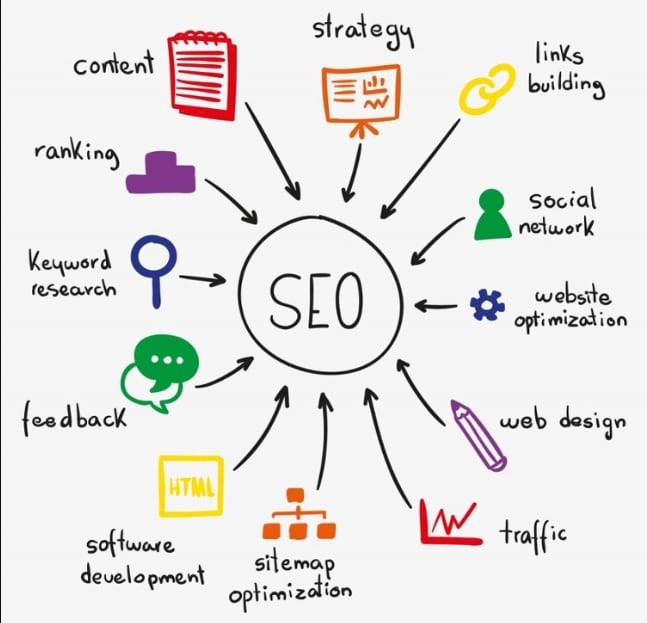
Search ranking factors are often considered proxies for aspects of the user experience. Our table of SEO Factors organizes the factors into six main categories and weights each supported its overall importance to SEO. The search algorithms are designed to surface relevant, authoritative pages and supply users with an efficient search experience. Optimizing your site and content with these factors in mind can help your pages rank higher within the search results.
What goes into SEO?
To understand truth meaning of SEO, let’s break that definition down and appearance at the parts:
Quality of traffic. You can attract all the visitors within the world, but if they’re coming to your site because Google tells them you are a resource for Apple computers when really you’re a farmer selling apples, that’s not quality traffic. Instead you’d wish to attract visitors who are genuinely interested by products that you simply simply offer.
Quantity of traffic. Once you’ve got the proper people clicking through from those program results pages (SERPs), more traffic is best.
Organic results. Ads structure a big portion of the many SERPs. Organic traffic is any traffic that you simply simply don’t need to buy.
The Crucial Elements of SEO
Keywords
Long gone are the times when keywords were the sole SEO technique that mattered, but that doesn’t mean they are not still crucial. The difference is that today, keywords must be well-researched, carefully chosen, and judiciously used in your content in order to be effective. But what are keywords, exactly? Keywords are words and phrases that prospects use to seek out online content, which brands can then use to attach with prospects who are trying to find their products and services.
When researching keywords, it’s important to seem for ones that have high search rates and low competition and to settle on short-tail keywords (such as dog), long-tail keywords (such as terrier puppies for sale), and local keywords (such as puppies for sale in Boston) to work into your content. You can also use keywords to optimize all of your titles, URLs, and other on-page SEO elements.
Content
Content may be a vital a part of SEO because it’s the vehicle you employ to succeed in and have interaction audiences. For instance, if you owned a nursery and wanted to extend your visibility, you would possibly publish a series of blogs about gardening, choosing the proper species of plants, growing tips, and more. When an individual who wanted to understand about gardening went trying to find that information, your blog would come up, and you would be ready to build a relationship thereupon prospect by providing valuable information. When the time came for that prospect to shop for a plant, as an example, you’d be the primary nursery that came to mind. Today’s content must be educational, but also interesting, relevant, engaging, and shareable.
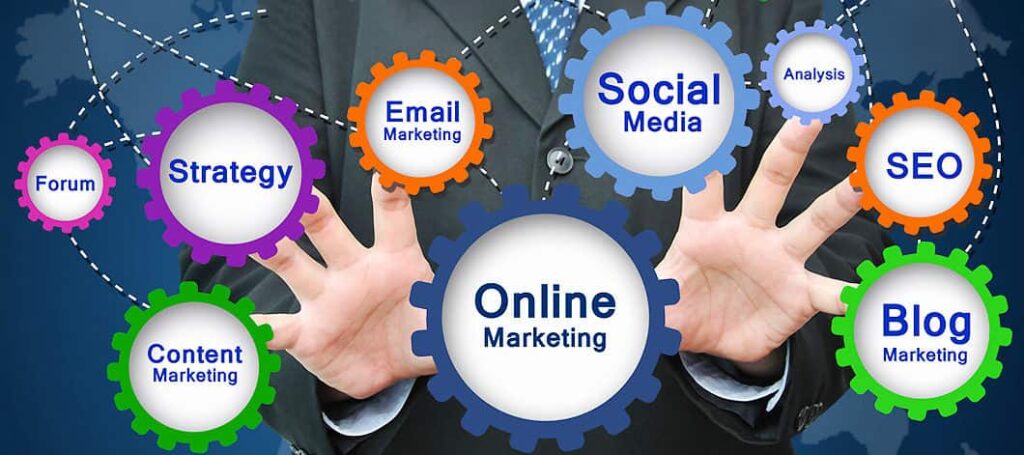
Content comes in a variety of forms, including:
- Web page content
- Videos
- Blogs
- Infographics
- Podcasts
- Whitepapers and e-books
- Social media posts
- Local Listings
Off-Page SEO
Off-page SEO involves external optimization practices that happen far away from your site instead of thereon. The main technique used for off-page SEO is backlink building since quality backlinks to your site from external sites tell search engines that your site is effective and high-quality, and this builds authority.
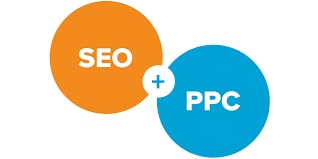
There are many tactics to backlink building, and a few of the present best practices include guest blogging, creating many infographics that will be highly shared, and mentioning influencers in your content.
Local SEO
Local SEO is becoming increasingly important as more and more people use mobile devices for search. These days, 57% of all searches are performed from tablets and smartphones, and half of those searches have local intent. If you owned a restaurant, as an example, then local SEO would make sure that when people in your area went trying to find the simplest restaurants in town, they’ll encounter your site. Along with using local keywords, other local SEO best practices include claiming directory listings, creating location-specific pages for your site, and creating pages for your business on Google My Business, Google+, and Google Maps.
Search Engine Marketing
Search engine marketing (SEM) refers to paid marketing efforts, and it includes things like native ads, Google AdWords, social media ads, pay-per-click, Google shopping ads, display ads, and more.
Although SEM isn’t usually a serious component of a comprehensive SEO strategy, it does have its place because it can assist you reach new and highly targeted audiences.
What is PPC?
PPC stands for pay-per-click, a model of internet marketing during which advertisers pay a fee whenever one among their ads is clicked. Essentially, it’s how of shopping for visits to your site, instead of attempting to “earn” those visits organically.
Search engine advertising is one among the foremost popular sorts of PPC. It allows advertisers to bid for ad placement during a search engine’s sponsored links when someone searches on a keyword that’s associated with their business offering.
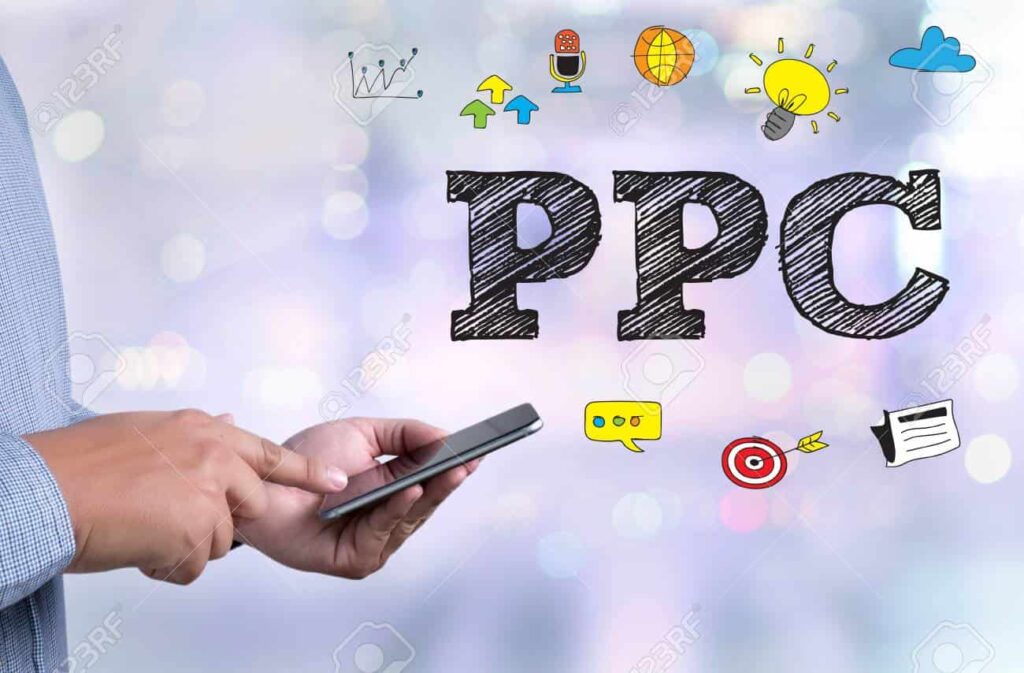
Every time our ad is clicked, sending a visitor to our website, we’ve to pay the program alittle fee. When PPC is functioning correctly, the fee is trivial, because the visit is worth quite what you buy it.
Search engines reward advertisers who can create relevant, intelligently targeted pay-per-click campaigns by charging them less for ad clicks. If your ads and landing pages are useful and satisfying to users, Google charges you less per click, resulting in higher profits for your business. So if you would like to start out using PPC, it’s important to find out the way to roll in the hay right.
What Is Pay-Per-Click Advertising?
PPC is a web advertising model during which advertisers pay whenever a user clicks on one among their online ads.
There are differing types of PPC ads, but one among the foremost common types is that the paid search ad. These ads appear when people look for things online employing a program like Google – especially once they are performing commercial searches, meaning that they are trying to find something to shop for. This could be anything from a mobile search to an area service search to someone buying a present Day flowers”) or a high-end item like enterprise software. All of these searches trigger pay-per-click ads.
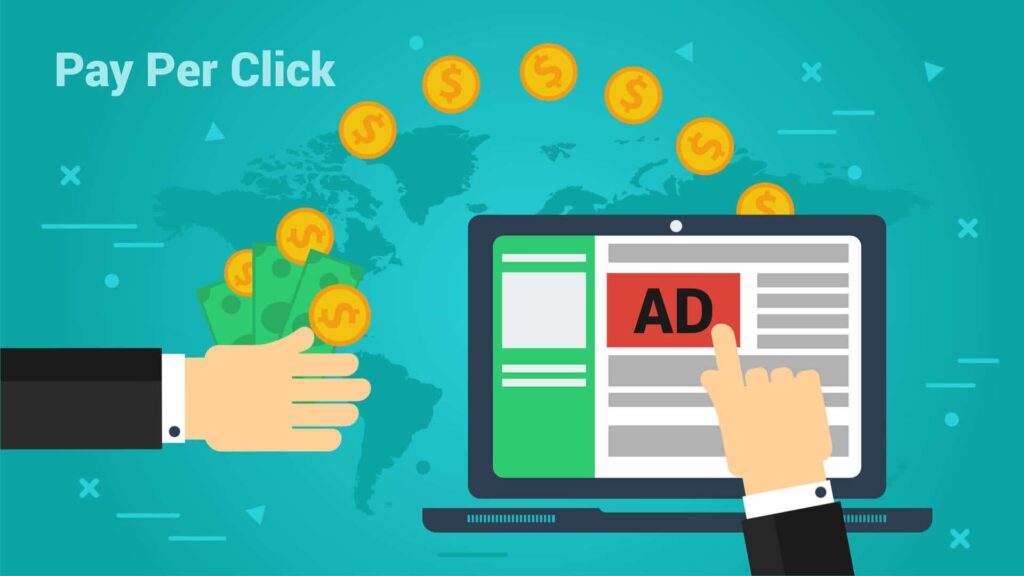
In pay-per-click advertising, businesses running ads are only charged when a user actually clicks on their ad, hence the name “pay-per-click.” Other sorts of PPC advertising include display advertising (typically, serving banner ads) and remarketing.
How Does Pay-Per-Click Advertising Work?
In order for ads to seem alongside the results on an enquiry engine (commonly mentioned as an enquiry Engine Results Page, or SERP), advertisers cannot simply pay more to ensure that their ads appear more prominently than their competitor’s ads. Instead, ads are subject to what’s referred to as the Ad Auction,
- Pay For Only The Clicked Ads
PPC is indeed a really straightforward platform for online advertising with no hidden complexities.
In a PPC campaign, you pay Google (or the other search engine) for listing your ads on the highest and right of the organic search listings.
When someone clicks on your ad, you’ll need to pay the present Cost-per-Click from your budget and once the budget gets depleted, Google stops playing your ads until you replenish the fund.
But it is worth noting that the Cost-per-Click is just a trivial part and doesn’t hamper the estimated profit
2. Budget Control
The budget is the core element of any business and holds utmost importance.
Here, you’ll set your financial plans for PPC advertising and may even control the entire expenses.
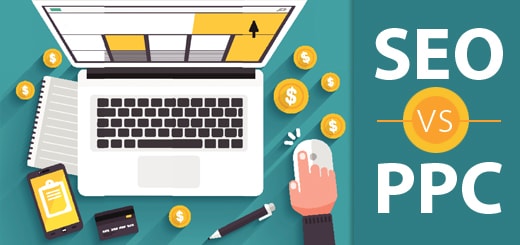
You have all the facility to line the budget consistent with your needs.
With it, specific daily and monthly budgets are set to make sure that you do not exceed your budget limit.
It is pretty obvious that you simply won’t be ready to fetch great results with a limited budget because the results depend upon how competitive the keywords and industries are
Even though you’ll not see huge results by having a limited budget, yet PPC can provide you maximum support to reinforce your online visibility.
Unlike traditional advertising where you had no idea of your budget spend, it keeps a track of your budget in order that you’ve got a transparent cut idea of where your budget is going.
You can further control your budget by knowing the budget flow and hence can lay your strategies according to it.
3. Targeted Ads
With PPC, you’ll exactly choose the space where you would like your ads to urge displayed.
This means that you simply can make your marketing campaigns as targeted as possible through PPC.
In this way, it ensures that your ads are shown to the proper audience at the right time in order that you generate real and relevant leads.
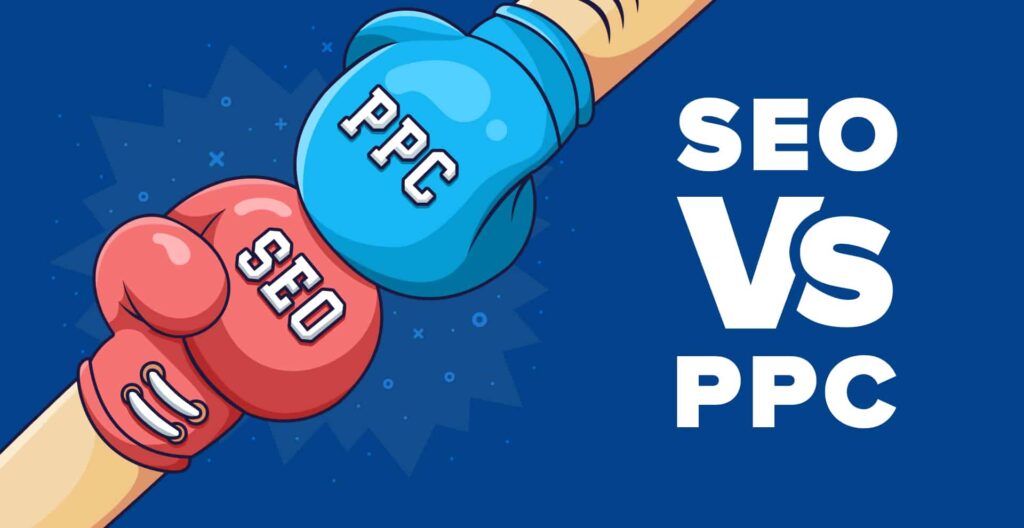
To target mobile users, who are exceeding all the opposite device users, you’ll use device-specific preferences.
With the help of retargeting options, you can reach out to people who showed an interest in your product/service.
It also helps you to deliver specific messages to your target customers at the clock time once they are presumably to convert.
Unlike the natural results displayed within the sponsored results, the PPC ads are often changed, tested, and optimized to urge the utmost effectiveness.
The concept of testing the PPC ads allows marketers to understand which combination of the keyword and ads work the simplest.
PPC is that the fastest platform to run ad campaigns and to urge immediate traffic from it.
You can easily found out a PPC campaign in about half an hour approximately.
In that sense, you as an advertiser can get your ads on the primary page of the SERP with an hour of campaign setup and activation.
This feature is extremely integral for brand spanking new websites that are trying to find exposure and visibility.
Because getting immediate traffic isn’t enough, the traffic should even be consistent enough in order that your campaigns have an area within the end of the day.
Sometimes, getting huge of traffic on a daily basis can sometimes be hazardous for the web site.
4. The website are often damaged to beyond repair sometimes.
With regard to this, it acts a savior because it controls an enormous amount of traffic because the traffic amount is directly tied to the advertiser on what proportion he is willing to pay for a click.
5. Quicker Results
Organic search results are one of the foremost reliable sources for achieving future online marketing goals.
But due to the fact that it takes a longer time to give out results. PPC is usually preferred over it to make sure the incoming of faster results.
By investing in PPC advertising, you’ll maximize your online profits easily.
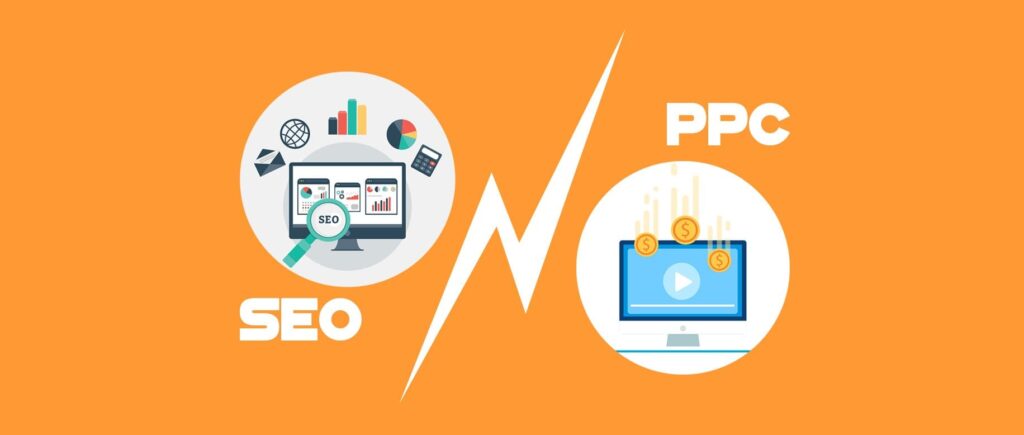
There are tons of things behind the efficiency of a PPC Campaign.
If you get an opportunity to know those factors by being more focused on them, you’ll be satisfied to seem at the conversions and traffic that you simply will get.
In a nutshell, PPC gives you a considerable amount of traffic for a predictable amount of cash in less time.
6. A Higher ROI
The ultimate goal of any marketing campaign is to get the very best possible Return On Investment (ROI).
By displaying your ads within the most relevant online places, your ads are showed the foremost specific target market.
ince in PPC you only pay when your ad gets a click. Thus, it makes it easy to manage your costs and to calculate your estimated ROI.
Advertisers love PPC advertising because it allows them to make the key change within the optimization strategies to reinforce the quality Score.
This, in turn, increases the ROI for your PPC campaigns.
7. Apply Geo-Targeting And Ad Scheduling
Geo-Targeting and Ad Scheduling are among the highest features that are provided by PPC advertising.
Geo-Targeting is a crucial element of your PPC advertising platform because it’ll assist you exclude those users who are outside of your target location that you simply don’t want to bid on.

This will indeed assist you to save lots of your ad spend and can increase the worth of analytics collected from the user behavior.
Unless you’re a worldwide company, you don’t got to target the planet .
You need to display your ads only ahead of your audience .
8. PPC Benefits Your SEO Strategy
PPC and SEO are highly related marketing channels.
SEO is vital for your online business when it involves long-term commitment.
By using PPC as a component of your online marketing channels, you’ll improve the general ranking of your site.
It helps you to get keywords that are more popular and capable enough of receiving more clicks and conversions.
You can further implement these keywords into your SEO strategy.
Another feature of PPC is that it’ll come to your rescue when your SEO results aren’t quite well.
Now you’ll get more specific search terms which will increase your SEO related traffic to your website. Although advertisers believe them to be mortal enemies SEO and PPC actually complement one another in some ways.
Conclusion
SEO can prove extremely complex, but knowing the fundamentals will offer you a running start.
Begin by collecting as much data as you can and conducting thorough research. Write content geared toward your audience, but make sure it’s better than your competitors’.
Create separate campaigns for on-page and off-page SEO. Make sure your site loads quickly on both desktop and mobile which you’re attracting backlinks the maximum amount as possible.
Then find out the way to optimize your website for conversions so you don’t waste all that good traffic.
SEOgrey allows you to reap the good thing about digital Marketing through correct AdWords management in order that you reach your business goals quickly. To manage a business on-line, you would like targeted traffic on your website and PPC helps you comprehend during a short time which may cause additional sales. As an expert in Google AdWords advertising, If you would like your business to own profitable digital Marketing, avail PPC has in-depth expertise in running productive campaigns on-line. allow us to assist you in increasing your business on-line. Contact Us now!
+91 8157078912 or email us at contact@seogrey.com. You can also chat with us by clicking the following button.

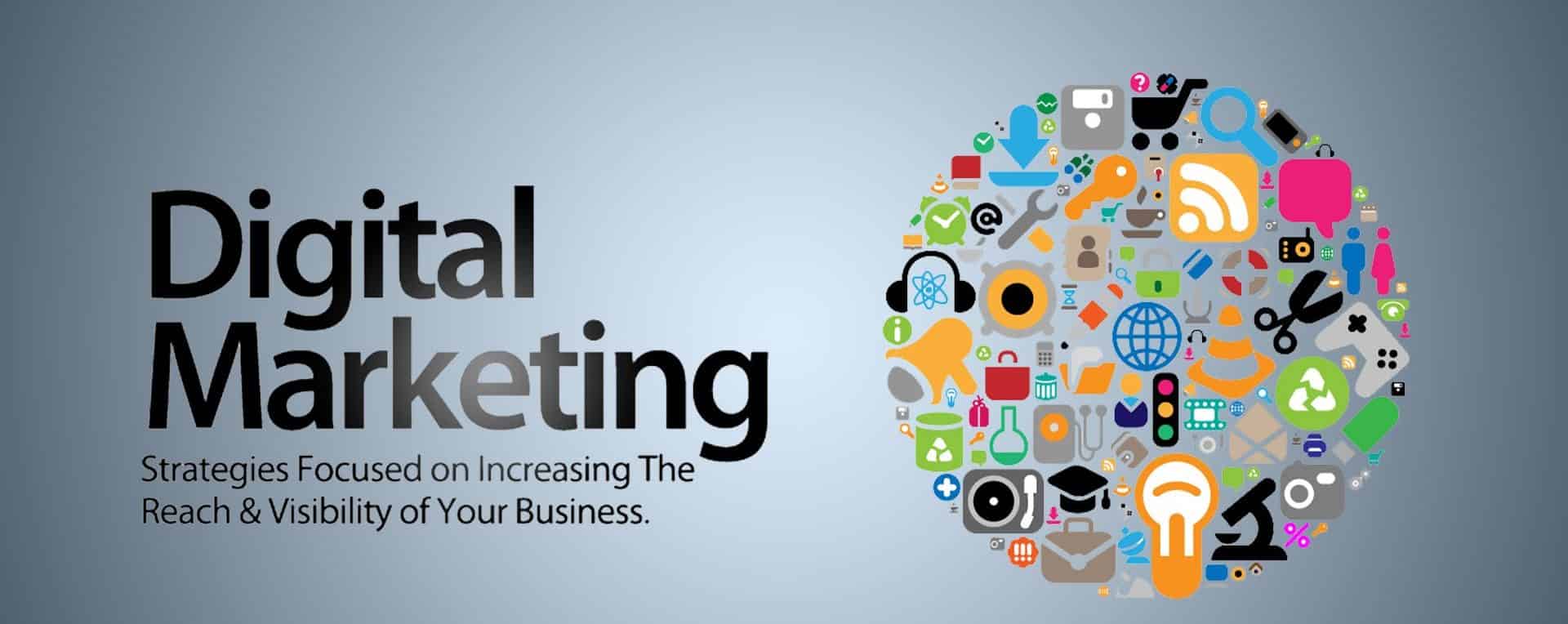
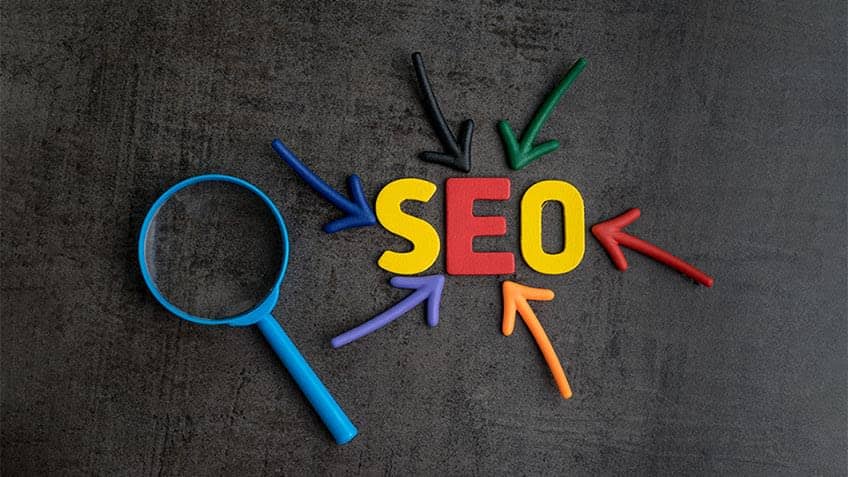

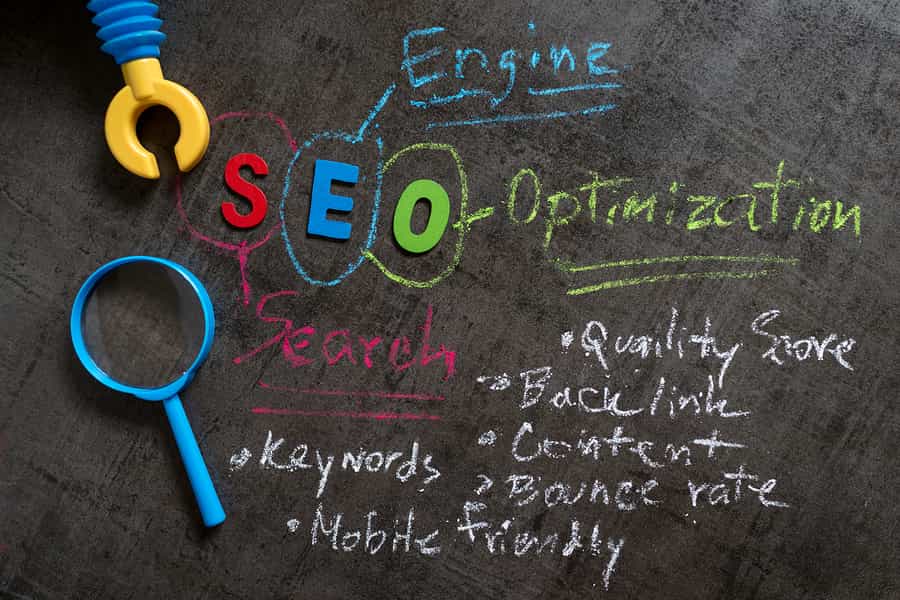
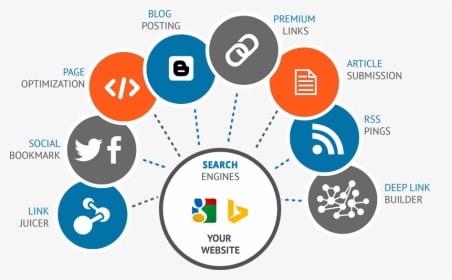


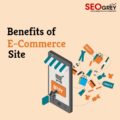
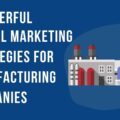


One thought on “SEO Vs PPC Benefits A Brief Analyze”
Well written blog, keep it up